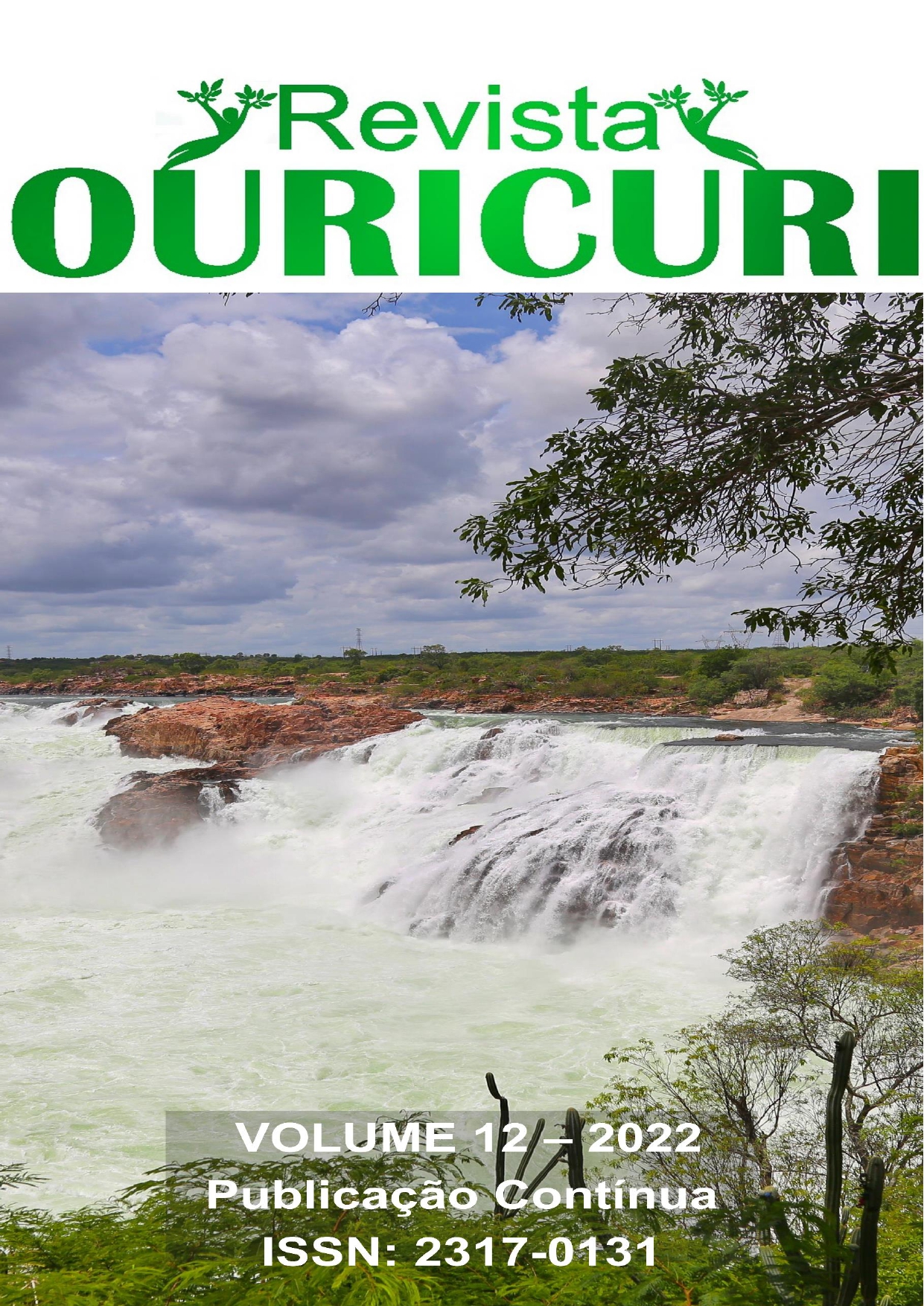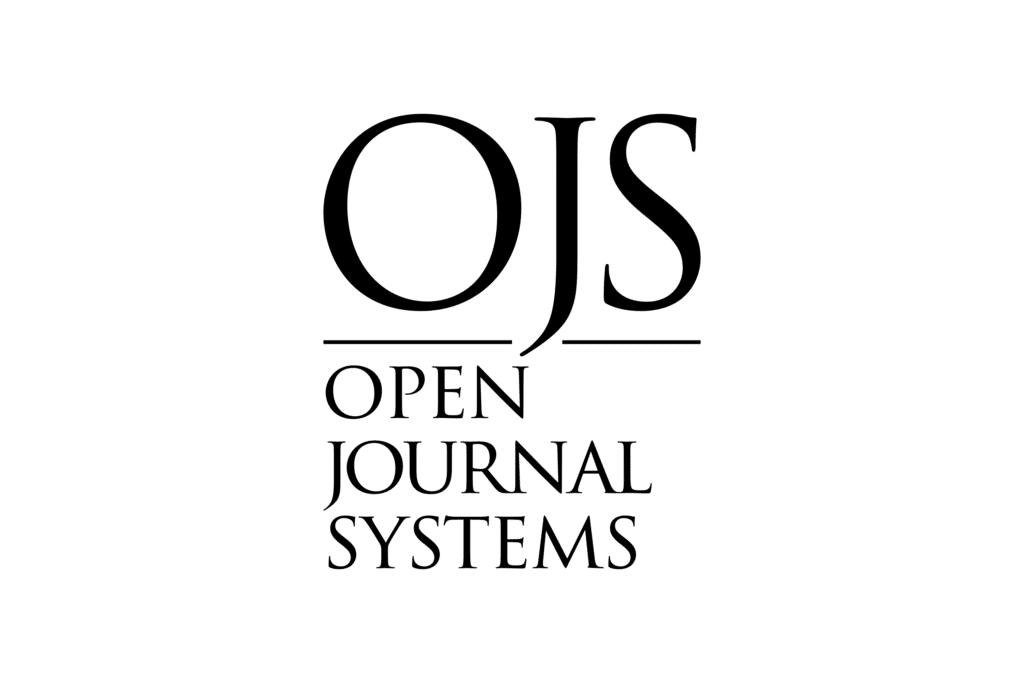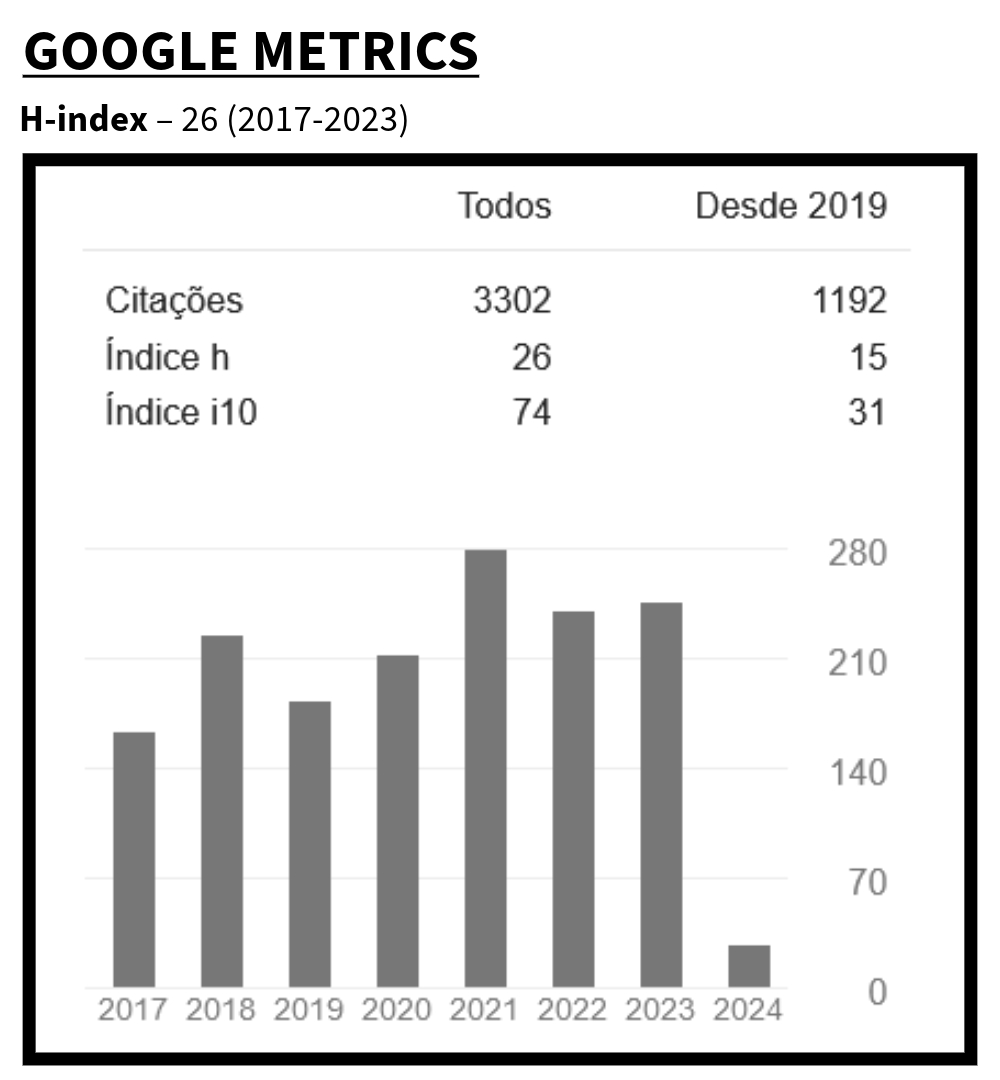THE POETRY OF THE SÃO FRANCISCO VALLEY IN THE PANDEMIC CONTEXT, IN CONSONANCE WITH THE CHRONICLE “IN DEFENSE OF WORDS”, BY EDUARDO GALEANO
DOI:
https://doi.org/10.29327/ouricuri.12.1-2Keywords:
Poetry, Chronicle, Contemporary literature, Pretext, TranscendenceAbstract
This article does not intend to discuss Literature as a transfiguration, reinvention, recreation, or transposition of the aesthetic, the beautiful or the fictional. Rather, it focuses on a finding by the authors, based on the chronicle “Em defesa das palavras”, by the Uruguayan journalist and writer, Eduardo Galeano, as they consider it important, as their criticisms, regarding the act of writing, as a condition of resistance and freedom. It is an interpretation based on application and involves obtaining from the different texts present in the book “ersos em Pandemia – retalhos de um tempo”, which under their eyes were created in a context of silence and solitude, translated into words, which lost their meanings were merely dictionized and took on other behaviors, which gobeyond the factual, assuming themselves as a pretext and transcendence of a time. For the authors, these verses translate sensations and emotions that overflowed from an open-air cloister, in which people lost the right to come and go - freedom - and began to live on institutionalized fear and uncertainties. They are passages in a work that marks and delimits not only time, but all lives. Thus, in a reflexive way, the authors will seek to translate these meanings, in line with the interpretation of some fragments (verses or stanzas), endorsed by the chronicle: “In defense of words” by Galeano.
Downloads
Downloads
Published
How to Cite
Issue
Section
License
Authors who publish in this journal agree to the following terms:
a) Authors maintain copyright and grant the magazine the right of first publication, with the work simultaneously licensed under the Creative Commons Attribution License which allows sharing of the work with recognition of authorship and initial publication in this magazine.
b) Authors are authorized to enter into additional contracts separately, for non-exclusive distribution of the version of the work published in this journal (e.g., publishing in an institutional repository or as a book chapter), with recognition of authorship and initial publication in this journal.
c) Authors are allowed and encouraged to publish and distribute their work online (e.g. in institutional repositories or on their personal page) as this can increase the impact and citation of the published work (See The Effect of Open Access).













 B1 (2017-2020)
B1 (2017-2020)



















